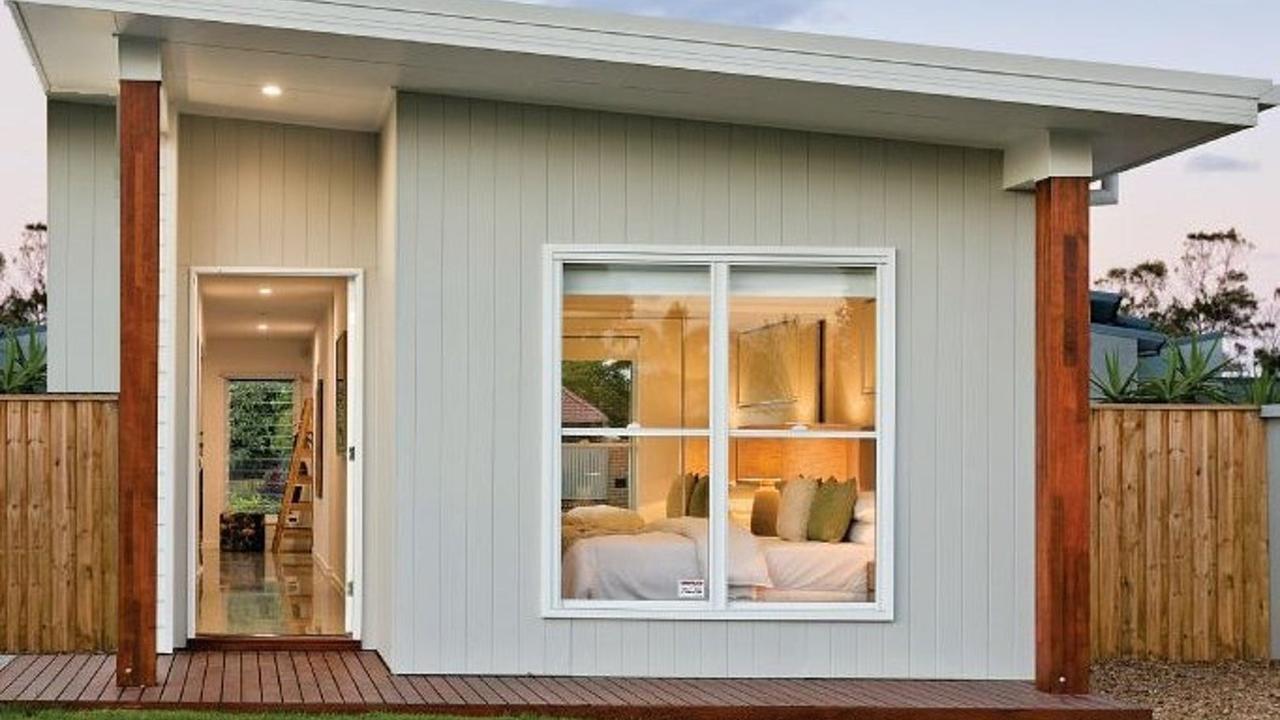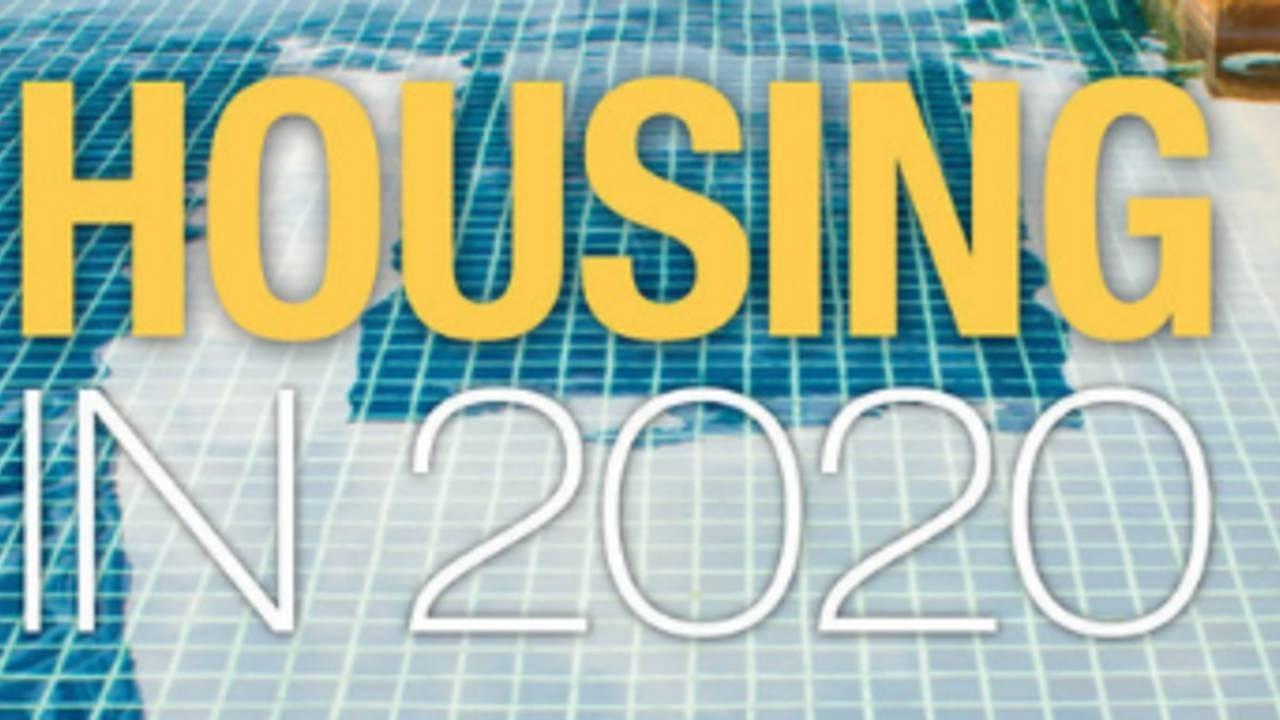Blog
Stay up to date with all the latest community association industry news. Subscribe to this blog and receive notifications of new posts by email here
2021 Legislation: Insight and Legal Update

By Nathan R. McGuire, Esq.
This article first appeared in The Communicator, Winter 2021. To read more, click here.
For the last two legislative sessions, we have faced some of the most historically significant bills since the Davis-Stirling Act. And that’s saying a lot considering the Davis-Stirling Act has probably been amended more than a hundred times since it was enacted in 1986. This year was especially challenging on legislators, advocates, and citizens wishing to engage in the process, given the impact of the coronavirus pandemic on the legislative process. It has also demonstrated the need for modernizing the Davis-Stirling Act by allowing for the use of mainstream technology, which has become commonplace in our everyday lives.
Because of the pandemic, the legislature shifted its focus to the coronavirus, economic recovery, and housing affordability issues. Other bills, like the ones pushed by CAI’s California Legislative Action Committee...
‘Not in My Backyard’?

Not anymore. New law gives property owners the right to build second homes on their properties.
By Lisa Esposito
To Increase Affordable housing in California, Governor Newsom signed legislation that encourages homeowners to convert their garages into living spaces and build small dwelling units in their backyards as low-income rentals. On January 1, 2020, new laws went into effect voiding restrictions in planned developments that would prevent the construction of granny flats and the conversion of garages into rental units.
From the Homeowner's Perspective, California's New Laws:
- make available an affordable type of home to construct in California because they do not require paying for land, major new infrastructure, structured parking or elevators
- can provide a source of income for homeowners
- allow extended families to be near one another while maintaining privacy
- can provide as much living space as many condominiums; and they’re well-suited for couples,...
Holiday Greetings and Happy New Year

By Grant Shetron, President
It is a privilege to serve as your in-coming Chapter President. Reflecting on the challenges of the last year, which number many due to the pandemic. I am proud of the way our chapter has remained resilient and even managed to find pockets of success in the face of adversity. Most notably we led the way and co-hosted the first ever all California Virtual Legal Forum and Expo and ended the year with a little fun and quirkiness via a virtual holiday party. Meanwhile, our chapter membership has remained largely intact, which is a testament to all of YOU. Thank you for your continued support of the chapter and commitment to the industry at large.
As we prepare to usher in a New Year, we do so with cautious optimism and our 2021 schedule of events is a reflection of that, whereby virtual events will continue through July and we hope to resume in person meetings starting in August. The full events schedule is now available on the chapter website...
When Mental Illness Issues Intersect with Harassment Claims

By Melissa Bauman Ward, Esq.
WHEN IS A common area disturbance more than a passing nuisance? When a person who is mentally ill engages in harassing behavior toward others, thus elevating a simple argument into a fair housing claim. As with any situation where competing rights are involved, managing these situations requires a detailed analysis of what rights and obligations are in play and the best way to respond to the various needs while protecting the association from liability.
IS MENTAL ILLNESS A DISABILITY THAT REQUIRES REASONABLE ACCOMMODATION?
As a "housing provider" under fair housing laws, an HOA must provide reasonable accommodations to disabled persons. A mental illness or impairment constitutes a disability if the condition "substantially limits one or more major life activities (e.g., caring for oneself, speaking, learning, working); or the person has a record of such an impairment; or the person is regarded as having such an impairment.1 For our...
Housing in 2020

By Nick Berg, CMCA, AMS, PCAM
In the Fall 2020 issue of the Communicator, we discuss housing in 2020. Despite softening rental and housing prices due to the pandemic, the Bay Area remains one of the most desirable and unaffordable housing markets in the country.
Faced with housing unaffordability, some families have built granny or in-law units, also known as accessory dwelling units (ADUs), on their property. ADUs can increase density and further burden HOA amenities such as pools, clubrooms and parking. Nevertheless, Governor Newsom, citing the need to increase affordable housing in California, recently signed legislation that voids most HOA restrictions preventing the creation of ADUs.
Many community associations have recreational amenities such as clubrooms, swimming pools and roof decks. We review some of the laws that apply to these amenities. We will also share some best practices for setting rules and polices regarding their operation, as well as enforcement...
CAI Legal Forum: California Exceeds Expectations

In September 2020, the Community Associations Institute’s (CAI) eight California Chapters came together to host the first-ever statewide virtual event. Anyone who lives in, works for or provides services to a California community association left the event more informed, more engaged and better able to contribute to a successful community.
The COVID-19 pandemic has forced many of us into an even more digital world, allowing larger groups of people to gather. These unforeseen circumstances provided the gateway for the eight CAI California Chapters to host a virtual Legal Forum, allowing more members to participate than ever before.
The goal was to reach 400 attendees, the amount of people that joined the CAI Legal Forum in person last year (either in northern California or southern). The event exceeded all expectations! More than 535 attendees joined us virtually and surpassed the goal for homeowner leader and managers. Nearly 400 of attendees were managers and homeowner...
California Wildfire Disasters: The Interpretation and Implementation of Our New Insurance Laws

By: Amy Davis
On a Thursday morning, I received the call that no daughter ever wants to receive. It was from my mom and her car was surrounded by fire. At the same time that I was taking my mom’s call, my dad and stepmom were sending me videos of several fires on the opposite side of town from where my mom was located. This was Paradise, California, November 8th, 2018.
November 11, 2018, I flew to Chico to be with family and friends and to help them with their insurance claims. Almost immediately, the question arose, “Can we just cut our losses and move?” The answer was an easy “yes.” Fortunately for survivors of the Camp Fire and future wildfire victims, California has passed several laws aimed at protecting persons whose interests are covered under insurance policies following a declared disaster.
Insureds whose homes are a total loss can now use a greater amount of their policies’ coverages to purchase an existing home or rebuild elsewhere....
Marijuana in HOAs

BEFORE RECREATIONAL AND expanded medicinal use of cannabis products became legal in California, handling issues related to cannabis was relatively easy: since its use was largely illegal, associations typically prohibited all cannabis products, except for limited exceptions for medicinal use. Now that use of cannabis products is legal for adults in California, associations are forced to consider new interpretations of existing restrictions.
This article looks at ways HOAs can approach effective enforcement of existing restrictions pertaining to smoking, nuisance and disability accommodations in the context of use of cannabis products.
SMOKE IS SMOKE IS SMOKE
Regulating smoking has always been a challenge for HOAs. Common area components including ducts and vents can allow smoke and vapor of all kinds to travel from the separate interests onto the common area or other units. In condominium projects particularly, association complicity in allowing...
Zoom Meetings Connect Members During COVID-19

With California’s shelter in place order, many are learning new ways to stay connected remotely. Businesses are quickly adapting to virtual meetings in order to continue business during the COVID-19 pandemic.
We understand these are uncertain times and don’t want technology to add to our members’ stress. Whether your business is new to video conferencing or an experienced practitioner, engaging virtually with each other will continue to be the future of business planning.
To help jumpstart members that are new to video teleconferencing, we’ve outlined five benefits of Zoom – one of the most affordable and best video solutions on the market.
#1 It’s Easy To Use
With Zoom, there's no need to combine various video conferencing solutions in order to achieve great results for online business meetings. Zoom's Meeting Connector is free and provided as an Open Virtualization Format (OVM), which can be installed (and distributed globally) in...
2020 Legislation Update

By Nathan R. McGuire, Esq.
ADAMS|STIRLING PLC
October of last year marked the end of the legislative session in California and Halloween was a fitting backdrop for some of the year’s nightmarish results. While there was good mixed in with the bad, some of the legislation passed this year could turn out to be the most challenging ever to community associations, including SB 323 and AB 670. CAI’s California Legislative Action Committee (CAI-CLAC) fought hard and had great success in light of overwhelming political obstacles. Believe it or not, the horrific aspects of SB 323 would have been doubly dreadful if not for staunch opposition from CAI-CLAC.
Senate Bill 323 – Elections and E-mail Address Disclosure
Last year I talked about the defeat of SB 1265, which sought to interfere unnecessarily with community association elections. Governor Brown vetoed the bill, stating:
“California has over 50,000 common interest developments varying in purpose and size. Each...
